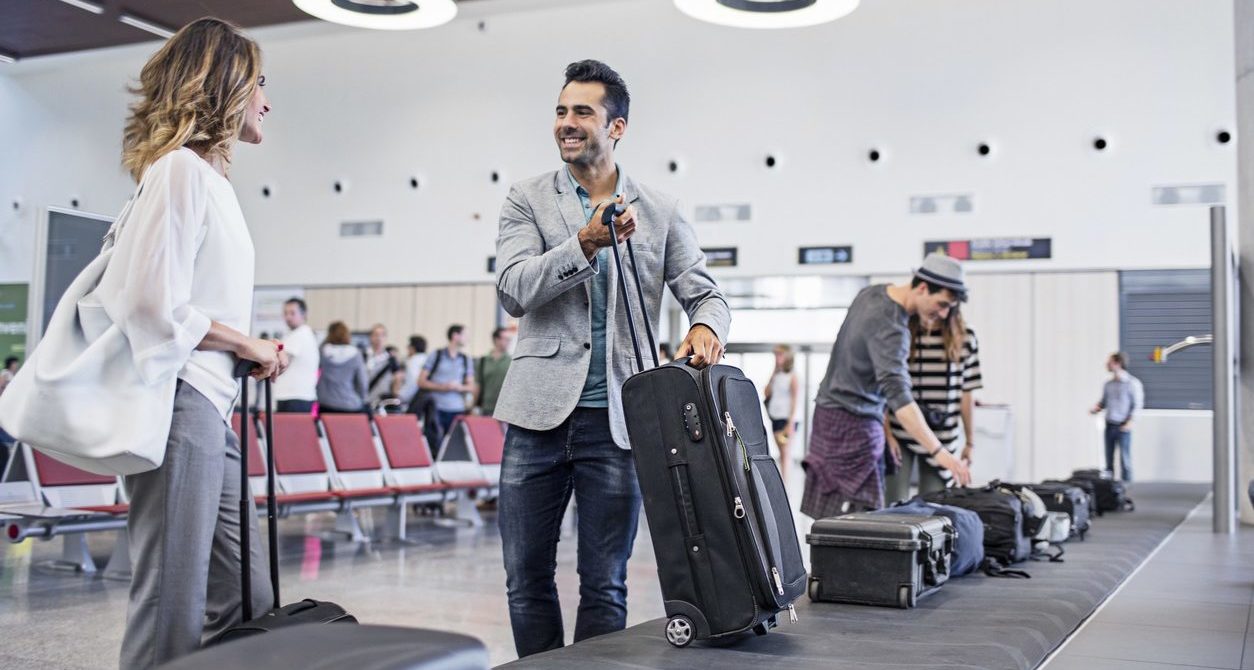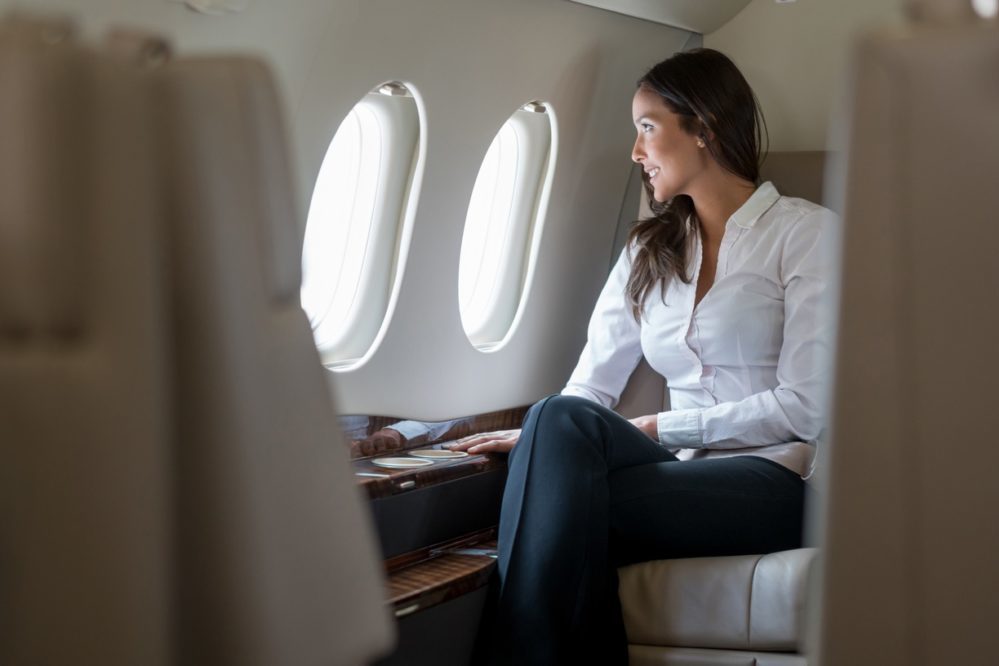What do business travellers want? Fulfillment at work in particular, and this can be achieved through a very fashionable phenomenon, the " bleisure ". This term is a contraction of two English words. " Business " and " leisure "which means leisure. It refers to a business trip, individual or group, which is extended (or started) by a leisure stay of a few days to several weeks for a trip abroad.
This type of stay has existed for a long time.
We all have in mind the image of the businessman in a gabardine and hat, suitcase in hand, who sleeps in the most beautiful hotels and spends his life between two airplanes and (sometimes) two lovers... But for a few years now, the phenomenon has been exploding and its followers no longer resemble this cliché at all
Today, if this phenomenon affects all generations of travellers, it is mainly executives under 30, single, not yet settled in a family life and whose agendas are more flexible, who democratize this practice1. And among them, according to a recent IFOP survey222% would be women.


What are the advantages for these business travellers?
The first of these is obviously the well-being of the employee. They will naturally associate these pleasant moments with their work, which will have the secondary benefit of contributing to the company's reputation. This will also improve the performance of the employee, happy to feel recognized in his work and invested in a mission where he acts as a representative of his company.
And for the latter, it is an opportunity to benefit from more economical "leisure" rates.
What are the disadvantages?
First, insurance. On this point, there is no very precise case law. Where does the professional part of the stay covered by the company begin and end? What sports are they likely to play during their stay? Some sports are considered as "risky" and are excluded from certain contracts. It is therefore essential to negotiate with the company's insurer on these various points. Another point is the follow-up of the employee? Where is he/she really? If there is a problem, how can they be located? And if this framework becomes too rigid, is there not a risk of disgusting the employee and breaking the charm of these serious escapades?
Despite these legal doubts, since 2001, case law shows that the employer's responsibility can nevertheless always be called into question. It is therefore up to everyone to agree on the formalities of these stays in order to leave with peace of mind. After all, this is what business travellers are looking for.

1cf. White paper on bleisure by the French Association of Travel Managers (2016)
2. February 2017 survey



